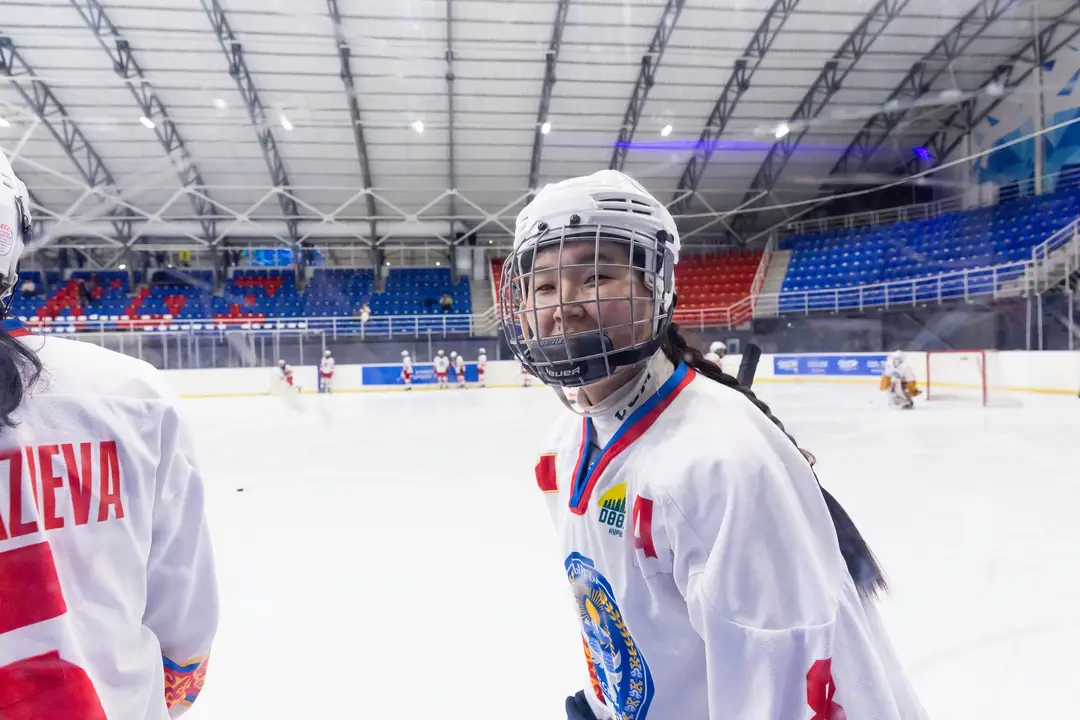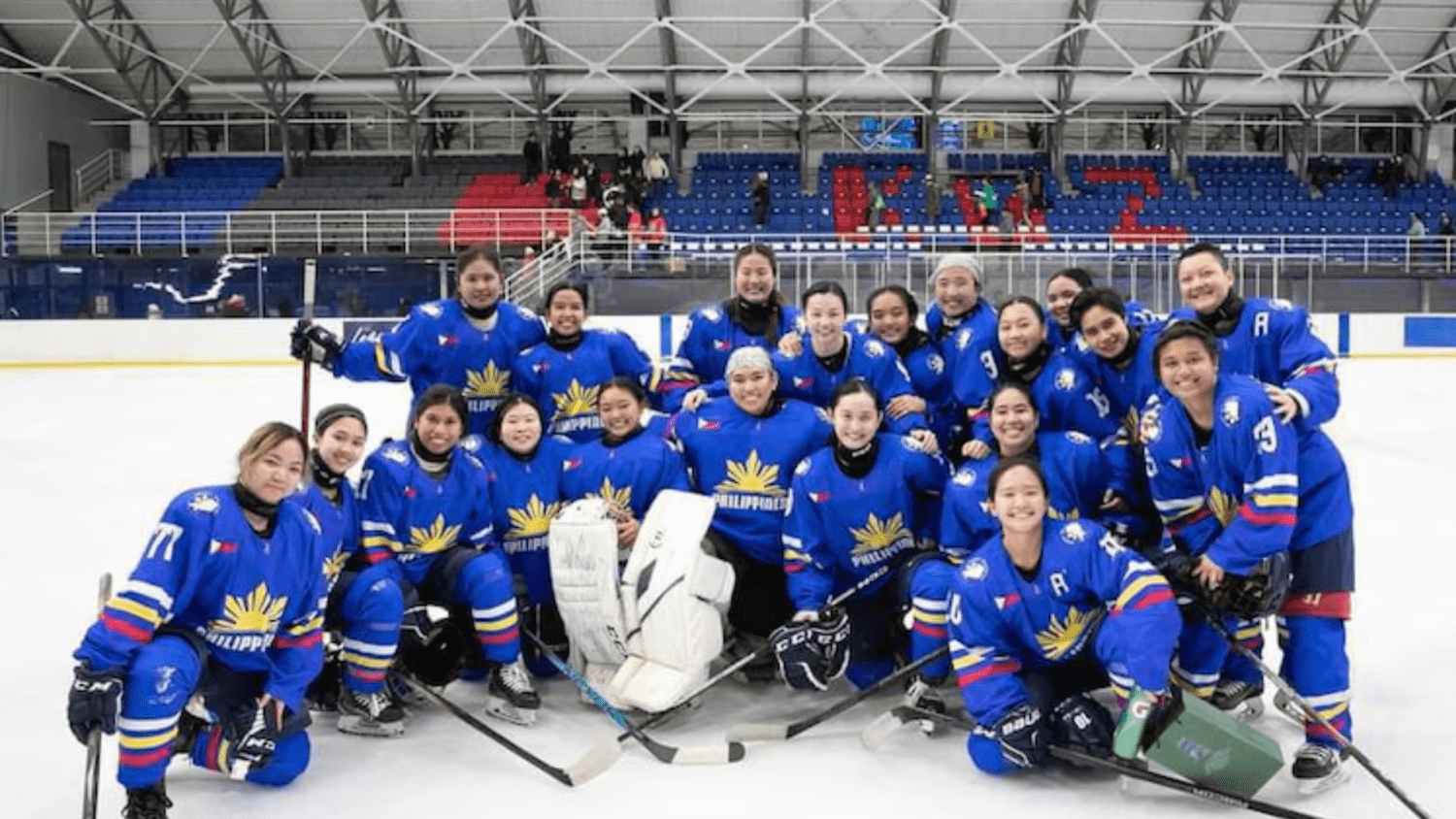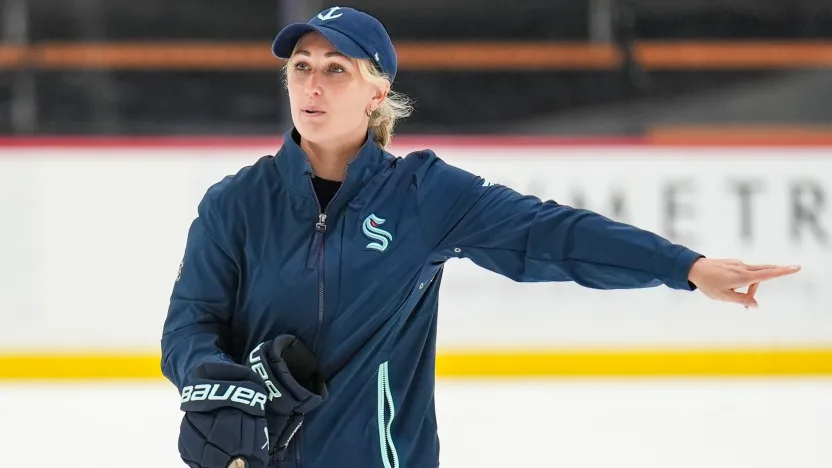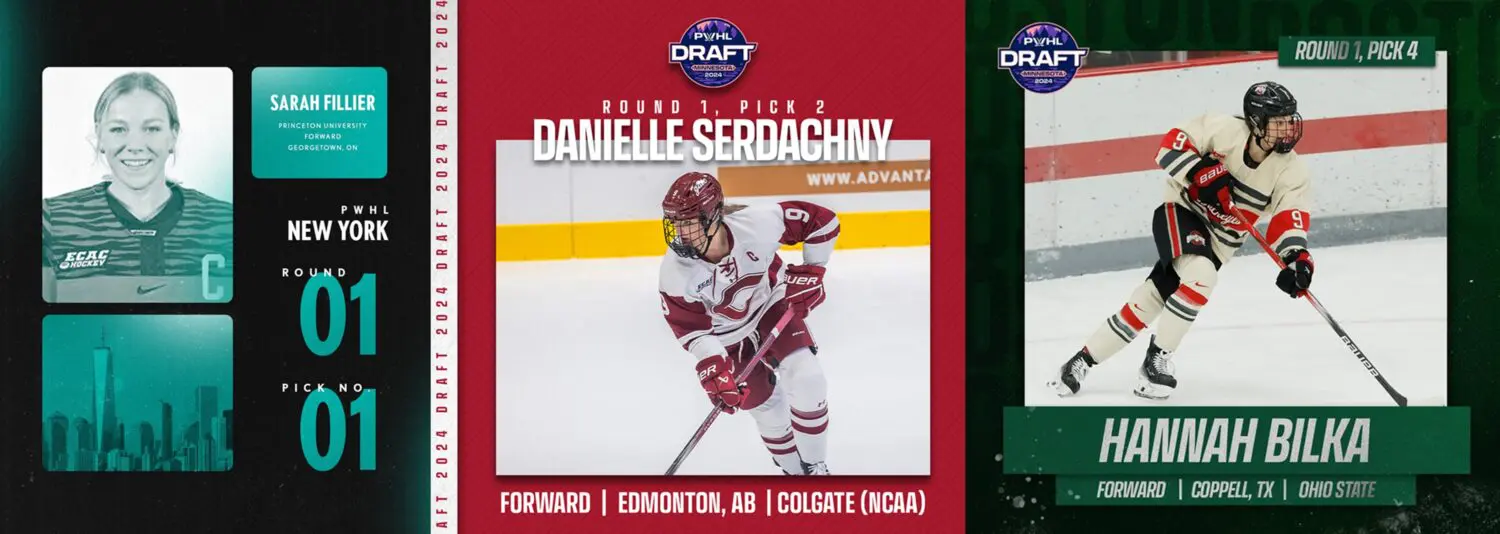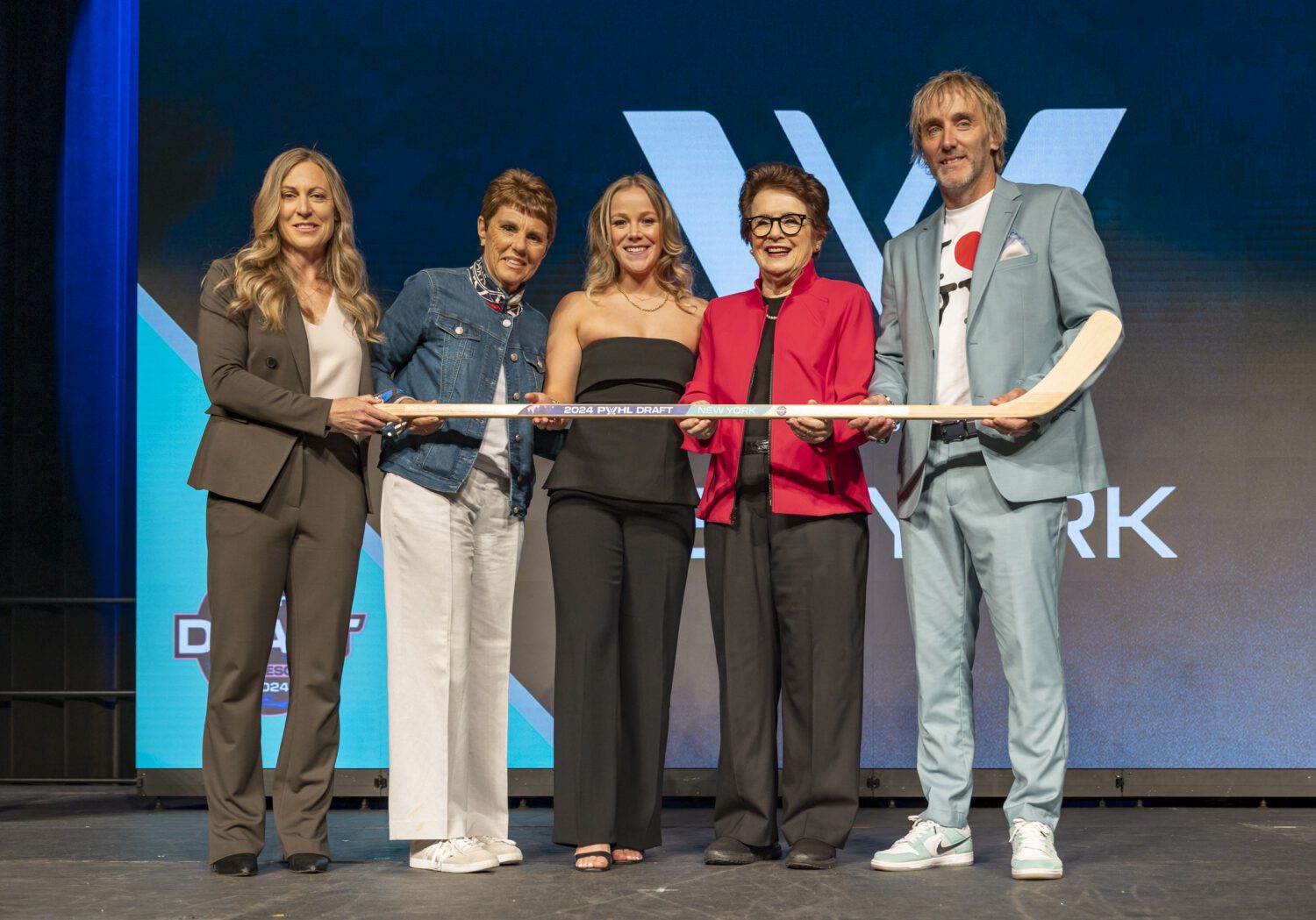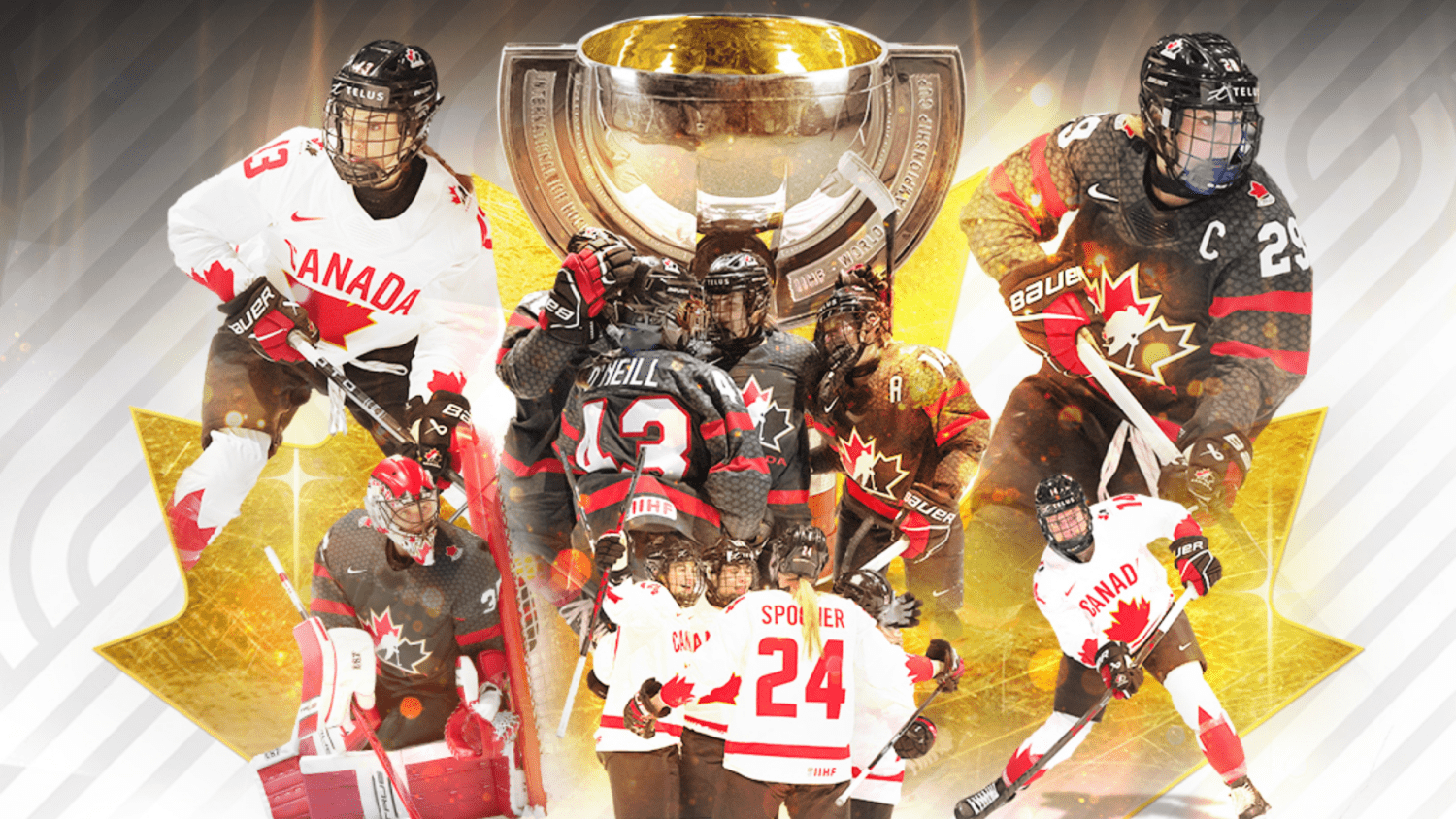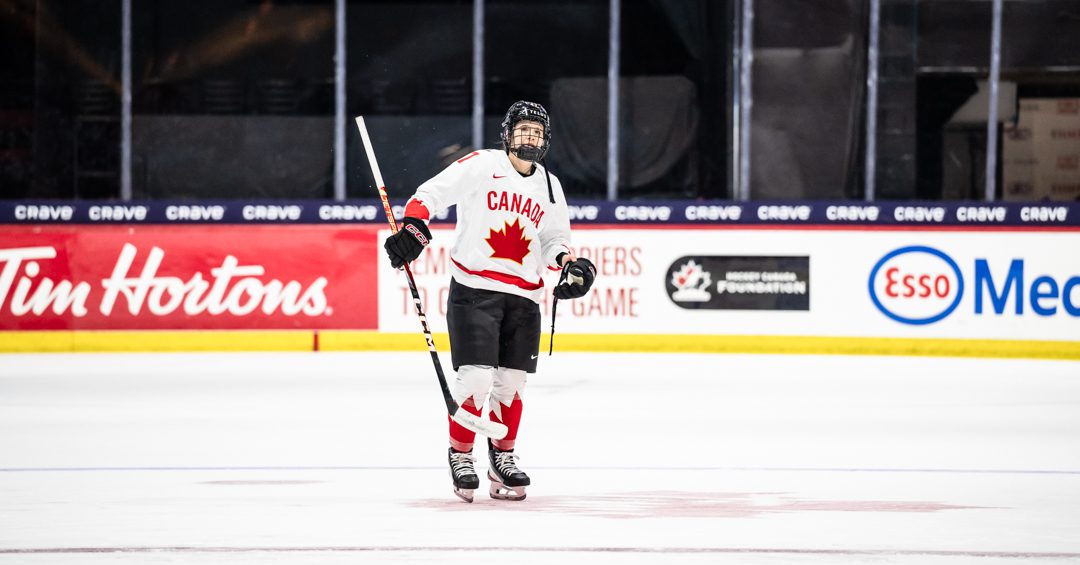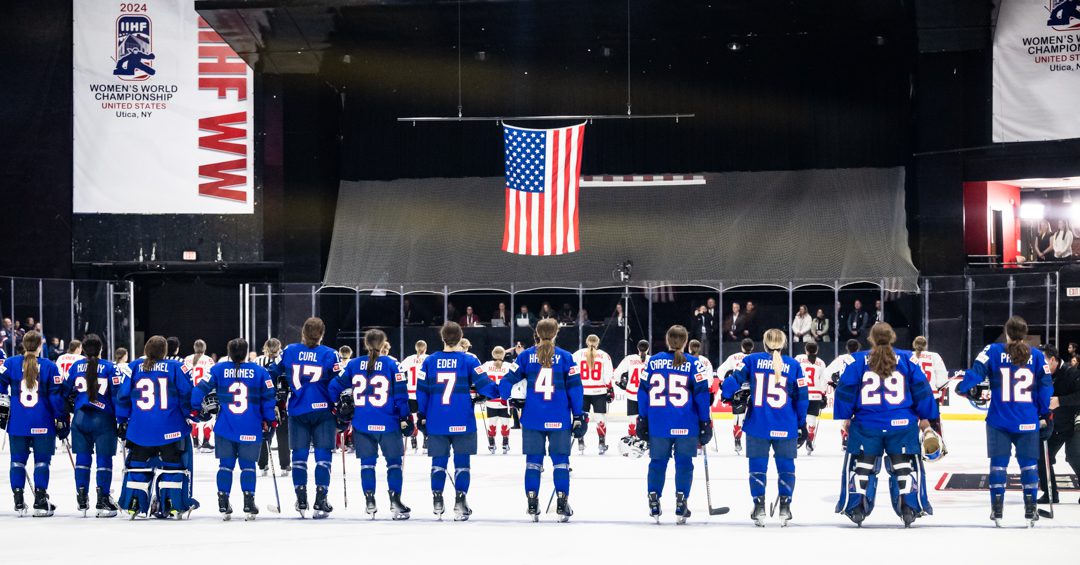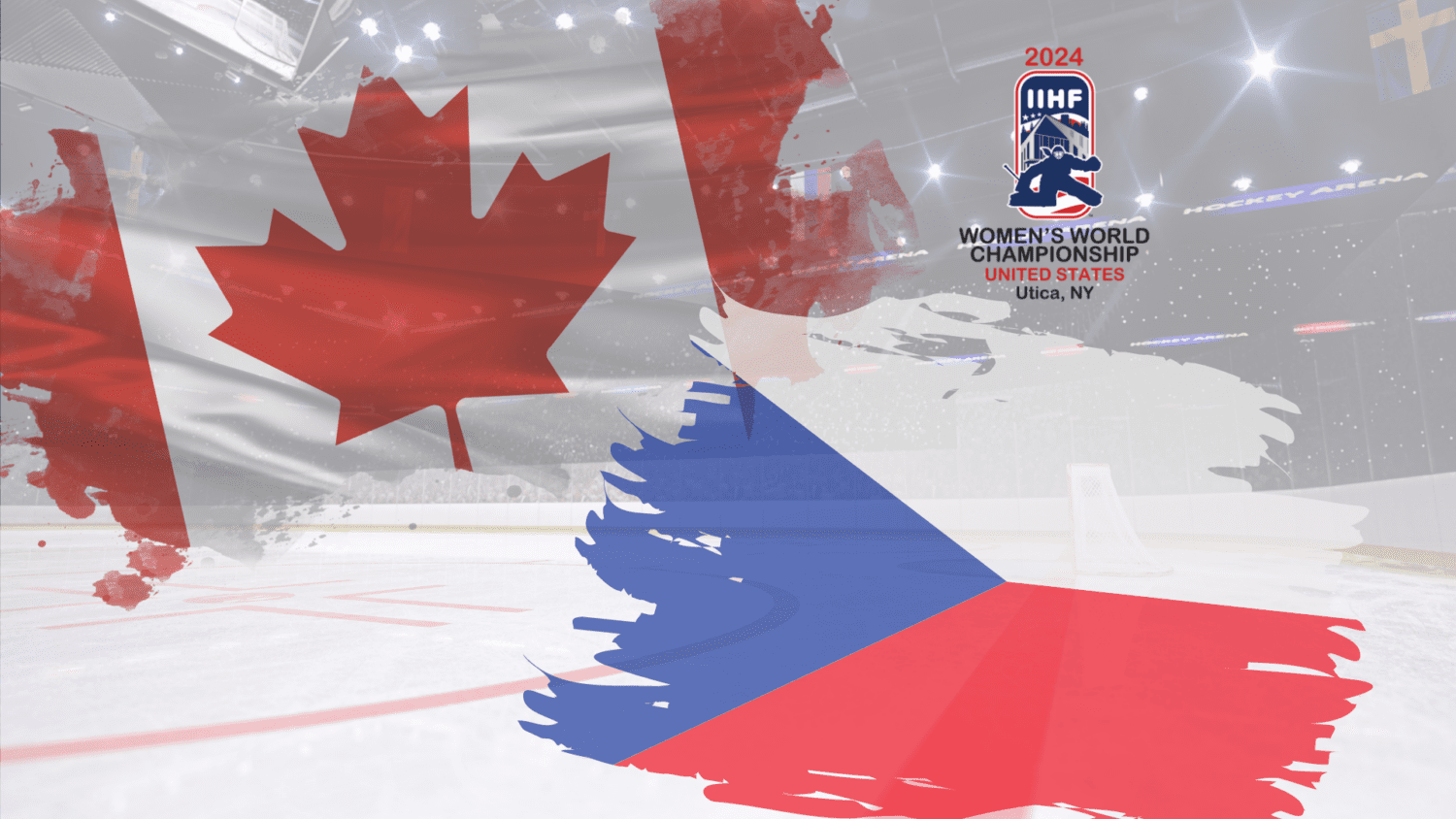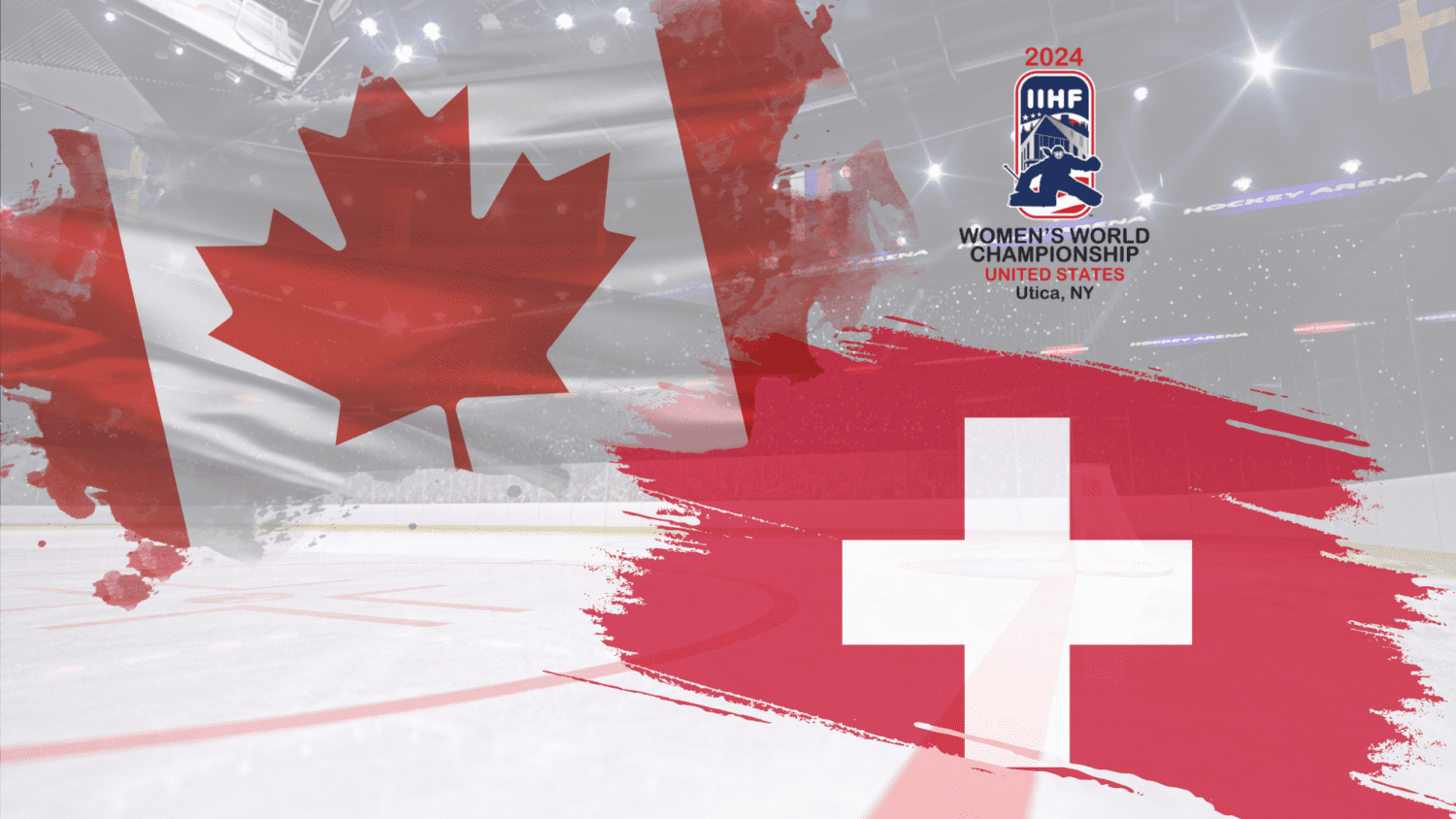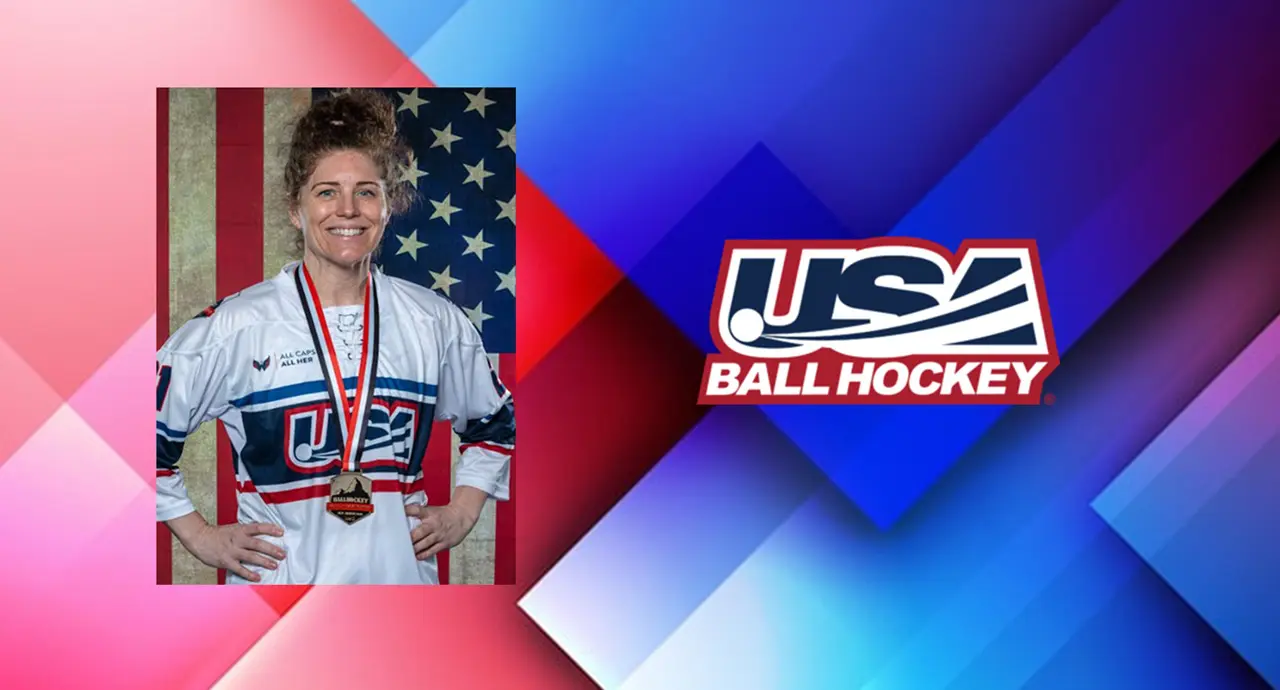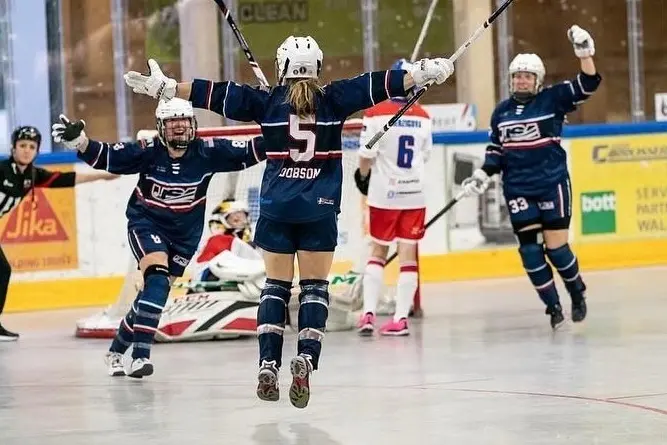Last weekend, four women, two Americans and two Canadians, took part in the NHL’s All-Star Game festivities and took the world by storm.
First, Kendall Coyne-Schofield became the first woman to compete in the All-Star Game, lacing up her skates and taking part in the fastest skater competition. She didn’t win the contest, but the 5’2″ Northeastern graduate and Chicago native finished with a time less than one second slower than Connor McDavid, the fastest player in the NHL. Social media went wild.
Brianna Decker, also of Team USA, “demonstrated” the passing accuracy competition and finished the contest three seconds quicker than the proclaimed winner, Leon Draisatl. Fans across social media called for the NHL to award Decker with the $25,000 prize. While the NHL instead decided to make donations to the charity of each of the women’s choice for that amount CCM, the equipment brand that sponsors Decker, paid her $25,000.
The top three articles online for the publication The Hockey News this past week were all about the women in the All-Star Game. The newest print edition of the magazine features three stories about women in hockey, two players and one in the field of analytics.
People across social media replied to the NHL’s numerous tweets about the women and their performance, saying that their wide-eyed daughters watched in awe as Coyne-Schofield flew like the wind around the ice as the entire crowd at the Shark Tank chanted “USA, USA, USA” in support. It inspired young girls to lace up their skates and it showed the girls already playing that someday, somehow, they just might be treated as equals to their male counterparts.
Representation is important, especially in women’s sports. I grew up here in the state of Michigan, the state that is home to the second largest number of registered hockey players in the entire United States. I, however, never saw women’s hockey or a female hockey player on TV until I was 16 years old watching the Olympics. I didn’t see a women’s hockey game live and in person at any level until I was 14 years old. I live in a state where there are 12 men’s Division I hockey teams and 0 women’s teams.
You can’t be what you can’t see.
My younger brother played hockey and I loved watching him play, but I didn’t grow up wanting to be a hockey player, the thought didn’t cross my mind because I didn’t know that it was an option. Luckily, I was raised by parents who taught me that my opportunities were not limited because of my gender and supported my decision to begin playing hockey at the age of 13. By the age of 16, I quit playing hockey because there were no teams for girls my age.
Did you know that girls drop out of sports at twice the rate of boys by the age of 14?
I would imagine that this statistic is even higher for girls playing non-traditional sports that we don’t get to see on TV, such as hockey and lacrosse. Not only are we underrepresented by the media as a whole, but even by the media outlets that claim to be advocates for women in sport.
You can’t be what you can’t see.
So when the NHL has four female hockey players representing their sport at the All-Star Game, which is a giant media fest, advocates for our sport are thrilled.
But do you know what isn’t thrilling? Seeing the asinine comments made by men on social media.
The ones that argue with you when you post that Brianna Decker should be paid for winning the passing accuracy contest, the ones who share the article sarcastically and say “oh the humanity” and those who comment under these posts that are finally giving us a voice in the media saying that women are lesser, that we will never play in the NHL, that nobody wants to watch us and that’s why we will never be paid a living wage.
It’s easy to just tell those who notice to ignore the comments, but there are so many of them.
The reality of it all is that Coyne-Schofield is the fastest woman in hockey, but the media frenzy outside of the All-Star Game competitions is probably the most media attention she’s been on the receiving end of in her career, where she has won five World Championships and has a gold and silver Olympic Medal.
The reality is that $25,000 is pocket change to the NHL and Leon Draisaitl, but a life-changing amount of money to female players like Decker, who are usually working at least one job to support their professional hockey careers.
So don’t try to lecture me about the reality of it all because I am sick of it.
Our sport is growing, no doubt about it, and it’s time for trolls and insecure men who choose to belittle these hardworking, talented women to wake up and smell the roses because women’s hockey is here to stay, whether they like it or not. And whether they like it or not, the men of the NHL support these women too and have no problem with them competing alongside them in the All-Star Game.
Representation matters.
It hurts nothing for Coyne-Schofield to compete in the fastest skater competition. It hurts nothing for the NHL and NBCSN and other news outlets to go crazy on social media talking about how fast she is. Who cares if she finished 7th? Statistically, she’s faster than 57% of NHL players and was only one second slower than Connor McDavid. It hurts nothing if CCM pays Decker for winning the passing accuracy competition.
We don’t want women in the NHL, that’s not the end goal, so you can quiet down about how Coyne-Schofield “wouldn’t be able to handle a hit” or how neither could “keep up” in the NHL. Want to know the difference between them and Connor McDavid and Jack Eichel? Hockey Canada and USA Hockey put up millions of dollars to develop their male prospects and nothing other than one women’s “festival” and U18 World Championship team fielded a year to do the same for their females. These women “got good” because of the sacrifices made by themselves and their parents and family. So let them have their moment in the spotlight, it doesn’t happen often and I’m sure McDavid wouldn’t mind being left alone for once.
The end goal is a league for women where they can play at the highest possible level and be paid a living wage and not have to worry about getting two different jobs to pay for their career. Nobody expects that to happen overnight, it’s going to happen because of the sacrifices made by players like Coyne-Schofield, Decker, Renata Fast and Rebecca Johnston and every other woman who has put on a USA, Canada, NWHL or CWHL jersey in the past ten years.
So don’t try to dim the spotlight on these female athletes, don’t knock their accomplishments because someday, you just might have a daughter in the same position as them.
But then again, you can’t be what you can’t see.
If you’re interested in knowing more about programs that help keep female athletes in their sport and fight for the representation of female athletes, check out I Play Like a Girl.
You can directly support the women of the NWHL by purchasing jerseys and shirts with your favorite player’s name and number on the back. They will then receive a percentage of the price of your shirt or jersey. You can purchase NWHL apparel here.
(Feature Image by Thearon W. Henderson/Getty Images)
[adrotate group=”1″]
Related Articles
Categories
Recent Posts
[adrotate group=”2″]

